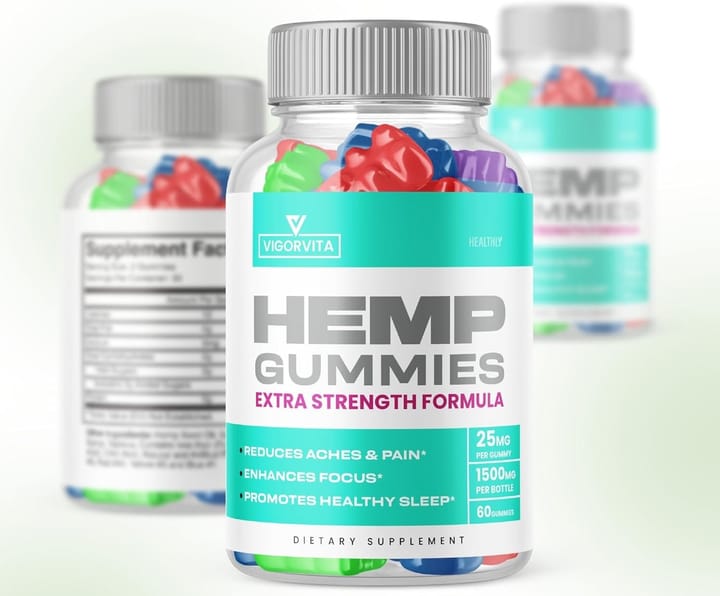CBD Distillate: Everything You Need to Know About Its Benefits, Uses, and Extraction
Full-spectrum CBD

CBD distillate has emerged as a popular choice among cannabidiol (CBD) products due to its versatility and purity. This article delves into what CBD distillate is, its benefits, uses, and the processes involved in its extraction. Whether you are a consumer, manufacturer, or simply interested in learning more about CBD, this guide provides a detailed exploration of this remarkable compound.
What is CBD Distillate?
CBD distillate is a refined form of CBD extracted from the hemp plant. It contains a high concentration of cannabidiol and minimal impurities, often with other beneficial cannabinoids and terpenes intact. Unlike CBD isolate, which is pure CBD, distillates typically maintain some of the hemp plant's natural compounds, enhancing their therapeutic potential through the entourage effect.
Key Characteristics of CBD Distillate
- Purity: Contains up to 90% CBD with minimal THC.
- Versatility: Can be used in various products, including tinctures, topicals, and edibles.
- Broad Spectrum: Retains additional cannabinoids and terpenes, excluding THC in some cases.
The Benefits of CBD Distillate
CBD distillate is renowned for its potential health benefits. While research is ongoing, evidence suggests it may provide relief for various conditions:
1. Pain Management
CBD interacts with the body’s endocannabinoid system (ECS), which plays a role in regulating pain. Distillates may be effective in managing chronic pain and inflammation due to their concentrated nature.
2. Anxiety and Stress Relief
Studies indicate that CBD can reduce anxiety levels by affecting serotonin receptors in the brain. CBD distillate, with its rich cannabinoid profile, can provide a calming effect.
3. Sleep Improvement
Many users report better sleep quality after using CBD products. Distillates can help regulate sleep patterns by promoting relaxation.
4. Support for Skin Health
CBD's anti-inflammatory and antioxidant properties make it a valuable ingredient in skincare. CBD distillates are commonly used in creams and lotions for conditions like acne, eczema, and psoriasis.
How is CBD Distillate Made?
The production of CBD distillate involves several stages of extraction and refinement to achieve its high purity. The process typically includes:
1. Extraction
The first step involves extracting cannabinoids and terpenes from hemp. Common methods include:
- CO2 Extraction: Uses pressurized carbon dioxide to separate cannabinoids from the plant material. It is a clean and efficient method.
- Ethanol Extraction: Involves soaking the plant material in ethanol to dissolve cannabinoids, followed by filtration.
2. Winterization
Winterization removes impurities such as fats and waxes from the raw extract. This process ensures the final product is clean and suitable for further refinement.
3. Distillation
In this step, the extract is heated to isolate cannabinoids and terpenes based on their boiling points. This stage results in a highly concentrated and pure CBD distillate.
4. Optional THC Removal
For broad-spectrum distillates, THC is removed using advanced chromatography techniques to ensure compliance with legal limits.
Uses of CBD Distillate
CBD distillate is a versatile product that serves various industries. Its flexibility allows for multiple applications:
1. Edibles and Beverages
CBD distillate can be infused into foods, drinks, and dietary supplements, providing a discreet and enjoyable consumption method.
2. Topical Applications
Distillates are used in lotions, creams, and balms for targeted relief and skincare benefits.
3. Tinctures
CBD distillate is often diluted with carrier oils to create tinctures that are taken sublingually for quick absorption.
4. Vape Products
Due to its purity, CBD distillate is ideal for vaping, offering a clean and potent experience.
Full Spectrum vs. Broad Spectrum vs. Isolate: Understanding the Differences
CBD distillate often falls under the categories of full spectrum or broad spectrum. Here’s how they differ:
- Full Spectrum: Contains all cannabinoids, including trace amounts of THC (below 0.3%).
- Broad Spectrum: Includes multiple cannabinoids and terpenes but is THC-free.
- Isolate: Pure CBD with no other cannabinoids or terpenes.
Is CBD Distillate Legal?
The legality of CBD distillate depends on its THC content and local regulations. In the United States, products containing less than 0.3% THC are federally legal under the 2018 Farm Bill. Always verify the legal status in your area before purchasing or using CBD products.
How to Choose a Quality CBD Distillate Product
To ensure you are purchasing a high-quality CBD distillate:
- Check Third-Party Lab Tests: Verify purity, cannabinoid profile, and THC levels.
- Look for Organic Hemp Sources: Hemp grown without pesticides ensures a cleaner product.
- Understand the Extraction Method: CO2 extraction is generally preferred for its safety and efficiency.
Conclusion
CBD distillate represents a highly refined and versatile form of cannabidiol with numerous potential benefits. Whether you are seeking pain relief, improved sleep, or better skin health, this product offers a concentrated and effective solution. Understanding its production, uses, and benefits can help you make informed decisions and fully appreciate the value of CBD distillate.
As the CBD market continues to grow, distillates are likely to remain a cornerstone of this industry, valued for their purity and adaptability across various applications.



